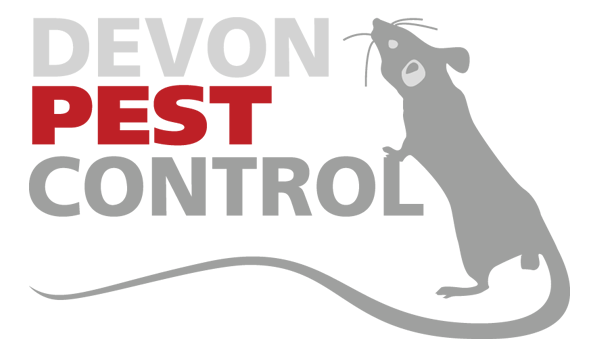Wasps
Wasp season is fast approaching. Due to the weather not being as warm at this time of year compared with previous years, it seems as though the wasps are not quite out in full force yet, but it is always good to be prepared. Here is some interesting information about wasps.
There are over 20,000 different species of wasps around the world but in the UK you are most likely to see only two- the German wasp and Common wasp. You can tell when a wasp is near you due to the bright yellow and black markings on their tail ends, with yellow legs and black thorax. They can be quite large in size (depending on the species) and they will not be afraid to sting you. And they can sting you again and again if necessary.
It is suggested to not wave them away due to their ability to sting you more than once. Also, if they feel threatened enough, they will release a danger pheromone which will let other wasps know nearby that there is danger and help is required. Interestingly, you cannot out run a wasp as they can fly faster than you can run.
Wasps are social insects. Every member of the colony has a specific job role. The queen will find a suitable place to nest, a tree, loft space or even in the ground. She will then begin to build her nest with chewed wood pulp and saliva amongst other materials. Once enough of the nest has been built, she will then lay her first eggs. These will be female workers. Once enough workers exist to be able to maintain and expand the nest whilst looking after any young, the sole purpose of the queen is to then lay eggs.
Wasps are actually very helpful to the environment. They act as little pest controllers themselves eating flies, caterpillars and aphids. In the later months of summer, they look for more sugary based food sources in order to store for the winter, so rotten fruits are a favourite. They are also good cross pollinators which is key to our ecosystem.
If you think you may have a wasp problem, we strongly suggest you call a professional to deal with them. Please do not attempt to move a wasp nest on your own as this will definitely aggravate the nest and you will be stung multiple times by multiple wasps. Give us a call, we can offer advice, a survey of the situation, carry out the removal and make sure you are left wasp free to enjoy the summer!






